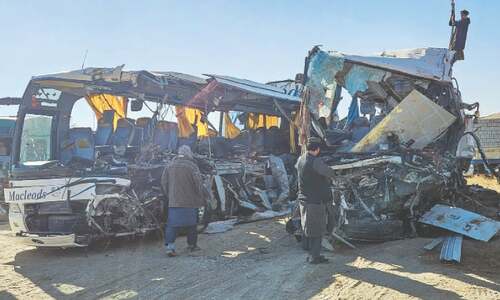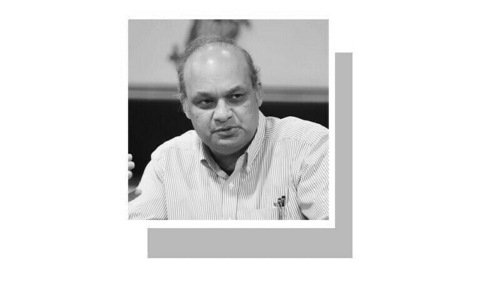The 1960s were a time of experimentation and rethinking of the social order, of struggles against established power structures and institutions of all kinds, including museums. Artists began to look outside the museum, to public spaces, including streets and university campuses, as sites well-suited for artistic intervention. Their practices merged with political movements of the time, including anti-war, civil rights and feminist movements, to critique underlying power structures in society.
It is clear that an increasing numbers of artists and curators are working outside of the mainstream commercial gallery system, often making work that is integrated within the community to the point where a traditional exhibition isn’t necessary and may even be unnecessary. Although such global changes and development in the art world arrived late in Pakistan, the founder of Funkor Childart Centre, Fauzia Minallah is a prime example of someone who works outside the periphery of the museum space.
It is through her organisation, Funkor, that she has worked extensively on community-based art projects with children promoting interfaith harmony.
 |
| Fauzia Minallah |
Minallah completed her MSc in communciation design in 1991 from one of the world’s multi-cultural epicentres for arts, culture, design, and business in New York City the Pratt Institute. She is a multi-talented individual who paints, sculpts, creates animations, illustrates and writes children’s books.
The story of her work with children began after the 9/11 in 2001. It is through the cartoon character ‘Amai — The Bird of Light’ that she symbolises peace and love with her work with children. Amai is Minallah’s identity for Pakistan and the Pakistani people as her version of a universally recognised white dove of peace.
Fauzia Minallah provokes us to think out-of-the-box, to step outside of our minds and see a fresh perspective
The images of trees in her slate work and paintings are elements of her identity. Minallah belongs to Sirikot a village which is 40 miles from Taxila. Chitarkari or slate engravings and the Buddhist sites are indigenous to this area and are integral to her South Asian identity. Her paintings mostly acrylics on canvas are in delicate shades of blues, greens and browns.
The consistent dots are therapeutic and are like streams of light pouring through the painting surface.
The whole process of creating shapes and forms, which are based on nature, also highlight her fascination with the Gandhara Buddha. There seems to be a similarity between Minallah’s dots and aboriginal art, which continues to be one of the oldest art forms practised today.
The dots appear to be symbols being used as a means of communication to show her love for her heritage, nature, constellations and convey the impression to be ceremonial. Her paintings are based on her land, its creation basing her subject matter mainly on nature and history.
Minallah provokes us to think outside-the-box, to step outside of our minds and see through a new pair of eyes. Her projects in a way create museum-like spaces outside the museum. Minallah’s work goes beyond mere decoration and falls in the realm of public interest and portrays her love for her country, its history and people.
Published in Dawn, Sunday Magazine, April 12th, 2015
On a mobile phone? Get the Dawn Mobile App: [Apple Store][4] | [Google Play][5]















































Dear visitor, the comments section is undergoing an overhaul and will return soon.